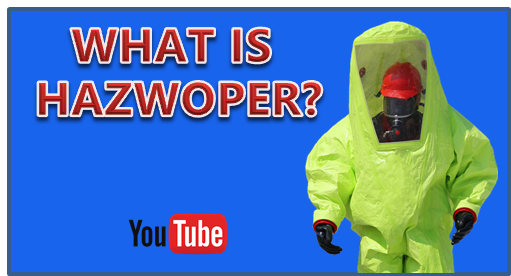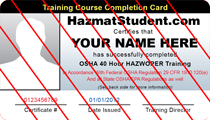| Under Pressure | Self-Care for Emergency Responders |
Emergency Responders have rewarding but challenging jobs, where they may face intense workloads, safety risks, exposure to human suffering, life-and-death decision-making, separation from family, and more.
Self-care and stress management are critical for emergency responders to stay well and continue to do their jobs effectively. When stress builds up, workers can experience feelings of exhaustion, being overwhelmed, depression, or isolation. Emergency responders can also experience traumatic stress symptoms, such as excessive worry, fear, nightmares, and physical symptoms like heart-racing.

When an employee recognizes that the stress of their job is affecting them, there are several techniques that can be used to help them cope and reduce their stress levels:
- Eat healthy and get regular exercise.
- Ensure you get enough sleep daily.
- Try to keep shifts to 12-hours or less.
- Take needed breaks and take time off as needed.
- Work in a team and limit time working alone.
- Talk to your healthcare providers, friends, family, and co-workers about your concerns and feelings.
- Create a buddy system, where two co-workers will support each other and monitor each other’s stress levels and workloads.
- Avoid alcohol and too much caffeine.
- Give yourself permission to “say no” when needed to protect your mental and physical health.
- Learn relaxation techniques to help you release stress.
- Find hobbies to help you reduce stress and relax during your time away from work.
Emergency responders often face stressful situations on a daily basis. Learning to recognize the symptoms of stress and how to effectively cope with that stress will help workers stay well and be more effective in their jobs. Of course, there’s no substitute for getting professional help when you recognize a problem. Any worker who’s feeling unmanageable levels of stress should meet with their doctor or mental health provider to get a personalized treatment plan.
For more information, see the Responders Preventing and Managing Stress Fact Sheet. HazMat Student also offers a number of Online Emergency Responder courses on our website.



